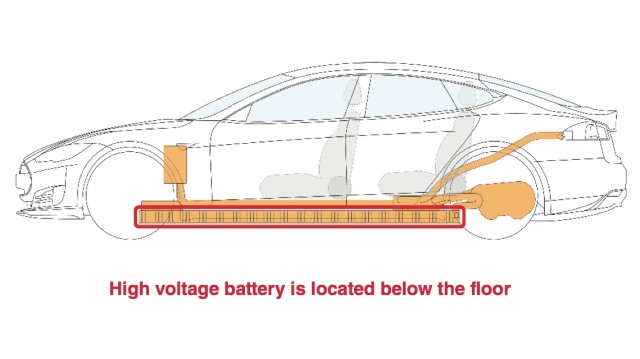What to worry about when you’re worrying about lithium-ion batteries
EnergyWire 2017-10-30

(credit: Tesla)
In late September, Volkswagen Group issued a call for long-term contracts with cobalt producers. Cobalt is an important component of lithium-ion batteries built for electric vehicles (EVs), and VW Group's call signaled that the company was ramping up its promise to focus on EVs in the aftermath of the company’s diesel emissions scandal.
But by mid-October, the Financial Times reported that VW Group’s overtures had failed, and the company could not find a company to contract with. Reportedly, the prices VW Group offered for cobalt were too low, and the German automaker wanted to agree on a fixed price for the duration of the contract—at a time when cobalt prices were going up.
VW Group's failure to secure a contract exposed a lurking problem with lithium-ion batteries—that is, development and mass production of them can be held up and complicated by materials other than lithium. And because there aren't always great alternatives for the lightweight, energy-dense materials that make up these batteries, researchers are concerned about supply chains for the materials that drive innovation. Do we have enough lithium? And do we have enough of the secondary materials that make lithium-ion batteries work, like cobalt, nickel, manganese, and natural graphite?